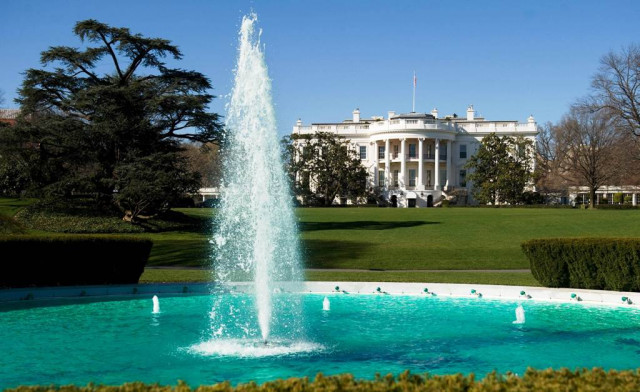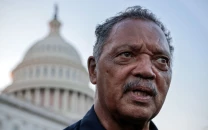Strings for counterinsurgency funds: White House threatens to veto NDAA
President Obama warns of 'misguided' clauses on Pakistan, Guantanamo Bay in NDAA 2013 draft bill .

The White House says President Obama's advisors will suggest he veto the National Defense Authorisation Act for fiscal year 2013 if passed in its current form, citing concerns over clauses on Pakistan and Guantanamo Bay amongst others.
In a statement released by the White House, the Obama Administration said that the President's senior advisers would recommend that he veto the bill, as they have concerns over provisions that depart from the President's budget request for fiscal year 2013, constrain the US' Armed Forces' ability to carry out their missions according to the new defense strategy, and limit the Executive's key authorities.
The statement said that the Obama Administration has strong objections to the certification requirements vis a vis the Pakistan Counterinsurgency Fund. "These certification requirements - some of which require the Secretary of Defense to certify Pakistani cooperation on issues outside of his purview - are proposed at a particularly sensitive time and would severely constrict DOD's ability to respond to emergent war-time coalition support requirements, putting at risk the success of our campaign in Afghanistan," said the statement.
The NDAA draft for fiscal year 2013, which is currently being debated and voted on in the US Senate, has states that the US secretary of defence has to certify to congressional defence committees that Pakistan is taking action against terrorist groups including the Haqqani Network, the Quetta Shura and against improvised explosive device manufacturers. The bill also states as part of the certification requirements that "Pakistan is demonstrably cooperating with United States counterterrorism efforts, including by not detaining, prosecuting, or imprisoning citizens of Pakistan as a result of their cooperation with such efforts, including Dr Shakil Afridi."
Detainee transfer a stumbling block
The Obama Administration has also objected on the restriction of use of funds to transfer detainees in Guantanamo Bay to foreign countries. The move is critical in light of demands posed by the Taliban to transfer some of their former commanders to relatively relaxed confinements in Qatar.
"When he signed past versions of this legislation, the President objected to the restrictions carried forward by section 1031, promised to work towards their repeal, and warned the Congress that the restrictions on transferring detainees from Guantanamo Bay to foreign countries would in certain circumstances interfere with constitutional responsibilities committed to the Executive Branch. Since these restrictions have been on the books, they have limited the Executive's ability to manage military operations in an
ongoing armed conflict, harmed the country's diplomatic relations with allies and counterterrorism partners, and provided no benefit whatsoever to our national security," said the statement. The US government said that they believe that restricting detainee transfers to the custody of foreign countries interferes in the government's ability to make key foreign policy and national security determinations.
"The Administration also continues to oppose the prohibition on funding to construct, acquire or modify a detention facility in the United States to house any individual detained at Guantanamo, which shortsightedly constrains the options available to military and counterterrorism professionals to address evolving threats. The restrictions carried forward by section 1031 were misguided when they were enacted and should not be renewed," said the statement.
The bill has to be passed by the Senate and signed by the President before it can be enacted as law.
The full statement by the White House can be seen here.



















COMMENTS
Comments are moderated and generally will be posted if they are on-topic and not abusive.
For more information, please see our Comments FAQ